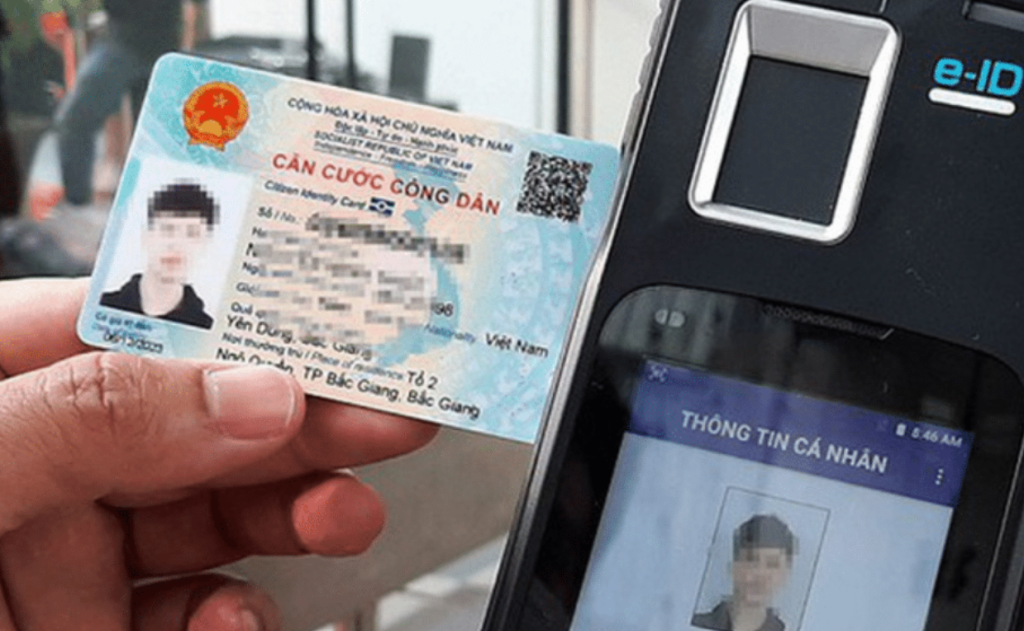Vietnam is making significant strides towards digitizing its tax system, with ambitious goals set for the upcoming years. By 2025, the Vietnamese government intends to allow all taxpayers to access the online taxation platforms using their electronic identification. The broader objective is to ensure that by 2030, 90% of administrative tax procedures are conducted electronically. This initiative aligns with the country’s digital transformation agenda, aimed at improving efficiency in tax administration and population management through enhanced identification systems. The General Department of Taxation is optimistic that providing taxpayers with tax identification will streamline administrative services and contribute positively to the national population database.
A key component of this digital initiative is the national digital identity app, VneID, which is managed by the Ministry of Public Security. Currently, over 61 million Vietnamese citizens have the capability to log into eTax Mobile applications and personal tax portals through this digital identity system. The VneID application has demonstrated a substantial user engagement, with over 29 million uses recorded monthly as of June this year. This significant uptake indicates a growing acceptance and reliance on digital solutions for governmental processes, which is essential for the successful implementation of Vietnam’s digital transformation plans.
Prime Minister Pham Minh Chinh has emphasized the importance of strengthening the digital transformation strategy, particularly through Project 06. This initiative focuses on population data, electronic authentication, and improved identification systems, which are critical for seamless service delivery. Furthermore, in September, the government announced plans to incorporate electronic health records and criminal record certificates into the VneID app, enhancing its functionalities. A pilot project to verify patient identities against the national population database has already been initiated at Hanoi’s Bach Mai Hospital, showcasing practical applications of the digital identity system in healthcare as well.
Overall, Vietnam has made notable progress by launching 235 online public services, with 122 of them integrated into the National Public Service Portal. This integration signifies a concerted effort to streamline public services, making them more accessible and efficient for Vietnamese citizens. As countries around the world increasingly recognize the value of digitized identification systems, Vietnam’s actions resonate within a broader, global context where nations like India, Ethiopia, and Nepal are also integrating digital IDs into their tax systems. Kenya and Nigeria are contemplating similar initiatives, indicating a growing trend towards digital governance and streamlined public services worldwide.
While these developments paint a promising picture for Vietnam’s digital future, they also present challenges and require robust efforts to ensure security and privacy as the government pivots to more digital solutions. The introduction of such systems necessitates meticulous attention to cybersecurity protocols to protect sensitive citizen data against breaches or misuse. Furthermore, it will be essential to educate the populace on using these technological tools effectively to enhance public trust and ensure widespread adoption.
In conclusion, Vietnam is at the forefront of a digital transformation that aims to enhance efficiency in tax administration and public service delivery. The strategic incorporation of systems like VneID is pivotal in achieving these goals, facilitating easier access for taxpayers while simultaneously bolstering the national population database. As the country continues on this path, overcoming challenges related to cybersecurity and public education will be key to ensuring a successful and secure transition to a more digitally-oriented governance model.

